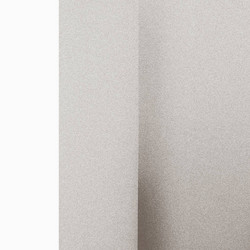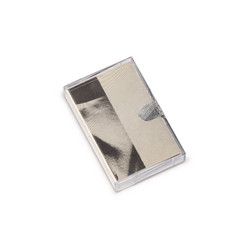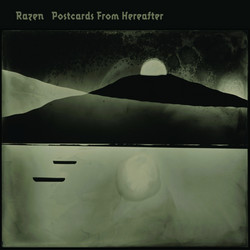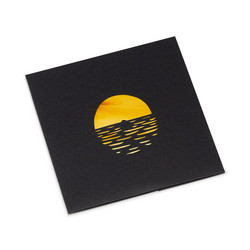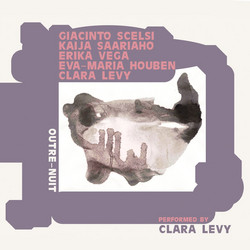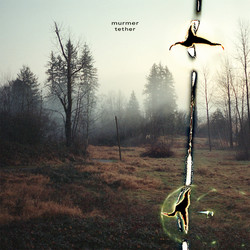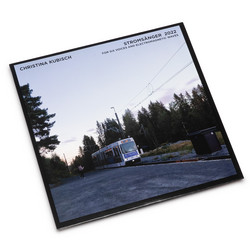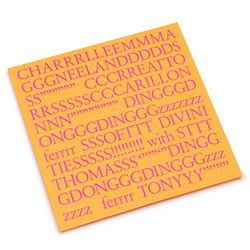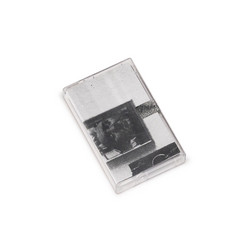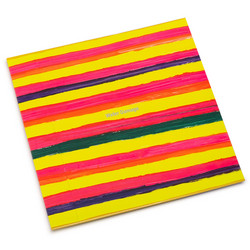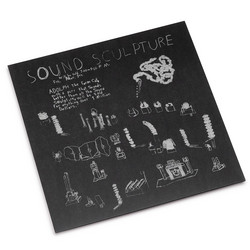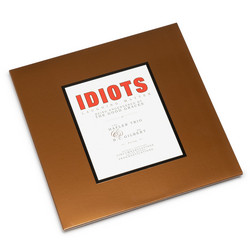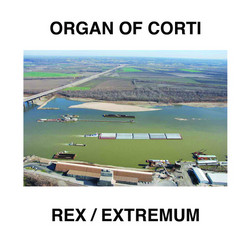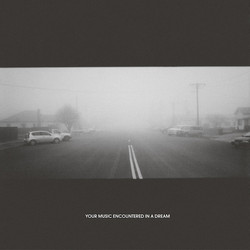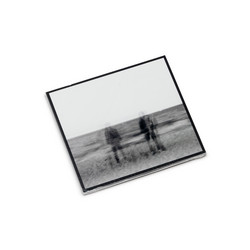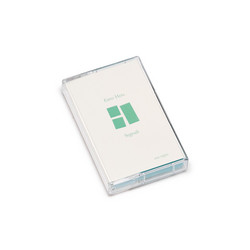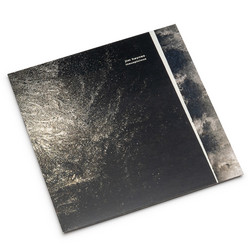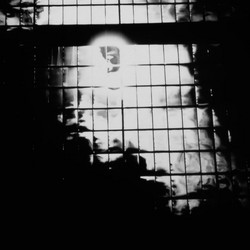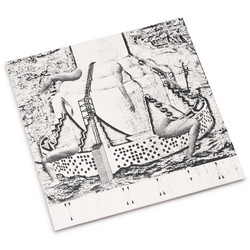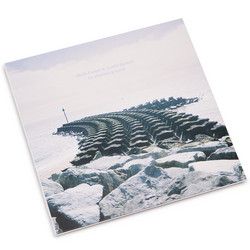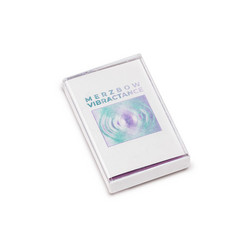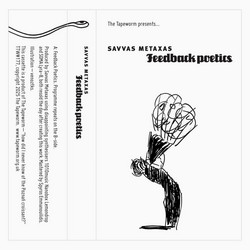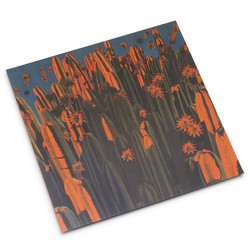1990 release ** Michael Vetter was born in Oberstdorf in the Allgäu region of Germany, and received a conventional school education. He adopted the recorder as his preferred instrument, and began experimenting in the late 1950s with its timbres and techniques, such as multiphonics and microtones. He inspired composers such as Louis Andriessen and Rob du Bois in the Netherlands, Sylvano Bussotti in Italy, and Mauricio Kagel and Karlheinz Stockhausen in Germany to use the instrument in their compositions. His technical discoveries were codified in a text, Il flauto dolce ed acerbo (The Sweet and Sour Flute, 1969), which included tables of some 2000 fingerings. He began studying philosophy and theology in 1964, while continuing his career as a performer. In 1967 he began composing graphically and verbally notated music, and beginning in 1968 turned to writing experimental/improvisational vocal music for children. From March to September 1970, together with nineteen other musicians, he performed works by Stockhausen (including Hymnen, Spiral, Pole, and Aus den sieben Tagen ) in the spherical auditorium of the German Pavilion at Expo '70 in Osaka, Japan. Back in Europe, he continued his association with Stockhausen, taking part in the world premieres of Sternklang (1971) and Alphabet für Liège (1972).In 1973 he returned to Japan, where he stayed for ten years as a Zen monk. During this period he performed what he called "structural theatre" and in 1981 published a collection of writings on "experimental Zen arts" in a book titled Shijima no oto [The Sound of Silence]. He returned to Germany in 1983 to found the Zentrum für meditative Kommunikation und kommunikative Meditation in Todtmoos-Rütte. In 1993 he moved his "school in the art of living", now renamed Accademia Capraia, to Italy. Vetter's compositions are based in improvisation. His earlier works are for voice, recorder, and piano, while later he turned to the koto, Tibetan singing bowls, tanpura, and gongs.
